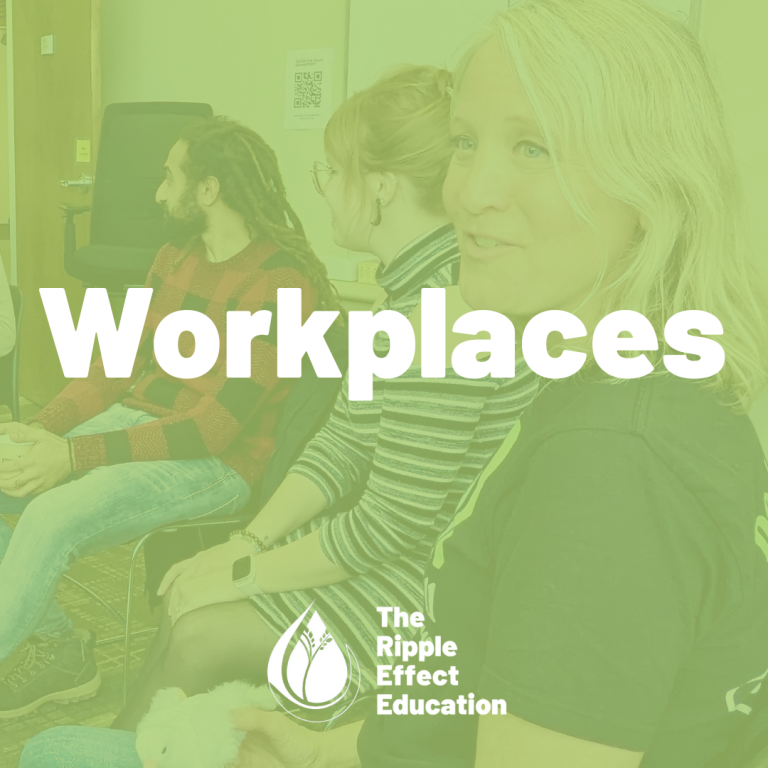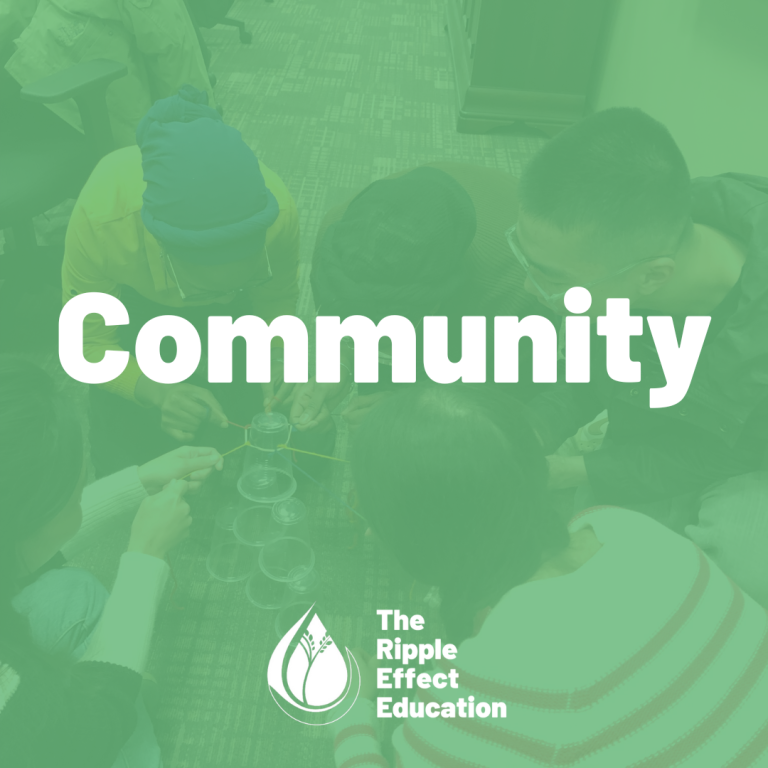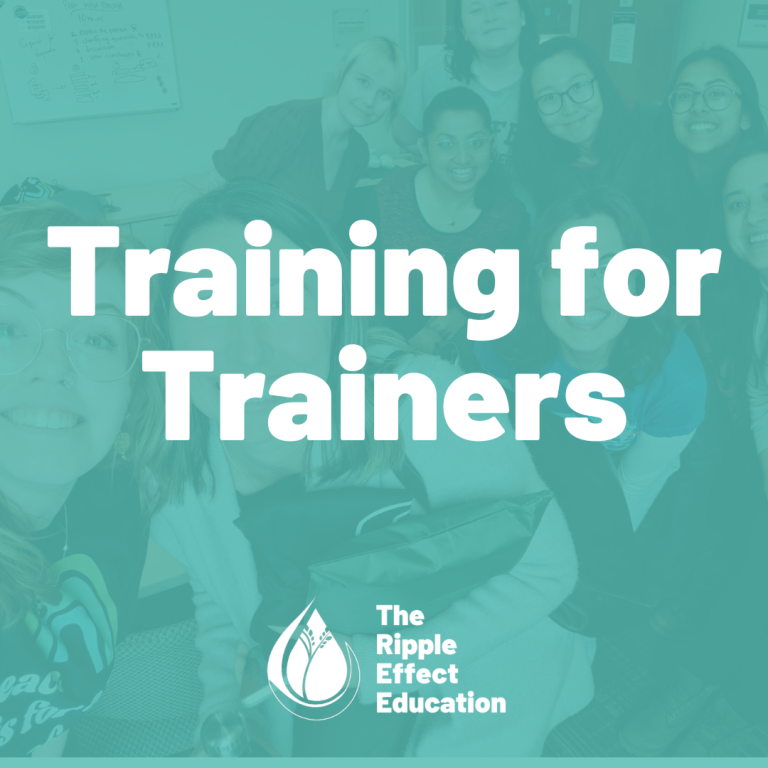Being able to change the subject mid-conversation is really more of an art than anything else; being able to redirect a conversation is useful and powerful. No matter how gracefully you might be able to change the subject, there are some topics that come up again and again that you might not be in the right headspace to discuss or explore.
When I was studying for my Master’s degree I was doing a lot of reading and critical thinking on social justice. Readings, presentations, group discussions, all of it was centred around social inequality and it was so challenging and valuable. During that time I met up with a friend for coffee and they started to tell me a story about a conversation they had with family that mirrored the same conversations I had been having almost everyday for months before. In that moment I knew that I was not in the right space to take in that story, but also recognized that simply changing to subject would not be giving my friend the respect they deserved.
These days, we are bombarded with news, conflicting information, intense stories, and painful experiences. As a result of living within the pandemic we find ourselves in now there are most likely times you would like to talk about anything but the current global health climate.
How do we navigate those changes in conversation, while still respecting the needs and valid emotions of those we are engaging in conversation with?
Here are a few ideas of how to build your own boundaries and respectfully acknowledge your need for a subject change:
- Be honest. When having coffee with my friend that day, I tried to respect both their experiences and my boundaries, just saying “I’m sorry, right now I’m not in the best space to talk about this. Is it ok if we talk about something else?”
- Start early. This takes practice and courage, but the sooner in the conversation you bring up these boundaries the better. Simply saying something like,
“That’s actually a sore spot for me right now.”
“It’s helpful for me to talk about other things today.”
“I understand this is important for you. I’m not up to talking about this today.”
Often those we engage with do not want to talk about things that upset us, and the sooner we let them know we’d appreciate a subject change the better.
- Have a new topic ready. After setting that boundary, be ready to jump in with a new conversation starter: asking them about work, how their garden is coming along, their current favourite tv show, anything! Especially in times when we know that speaking with a certain person might lead to a certain conversation, having some new topics in your back pocket can make these changes seamless.
Once you start setting these boundaries for yourself, you can invite them into relationships much more easily. Within many of my close relationships when someone brings up a topic that has a bit more weight to it they often ask, “Do you have the brain space to talk about ______ right now?” or “Does anyone have the capacity to talk through ______ with me right now?” This has become common practice in my relationships and means that all parties get to set their topic boundaries and have them respected.
For more about building peaceful and healthy relationships during this time, connect with us on Instagram.
Photo by Vera Arsic from Pexels
 Erin Huston is a social justice advocate and community-building facilitator. After finishing degrees at the University of Waterloo in Legal Studies and Peace & Conflict Studies, Erin pursued a Masters degree in Social Justice and Community Engagement at Wilfrid Laurier University. Passionate about working with youth, Erin uses her education of structural factors and discourses that lead to social inequality and environmental injustice to facilitate programming designed to help empower young people to think critically about issues they care about.
Erin Huston is a social justice advocate and community-building facilitator. After finishing degrees at the University of Waterloo in Legal Studies and Peace & Conflict Studies, Erin pursued a Masters degree in Social Justice and Community Engagement at Wilfrid Laurier University. Passionate about working with youth, Erin uses her education of structural factors and discourses that lead to social inequality and environmental injustice to facilitate programming designed to help empower young people to think critically about issues they care about.








